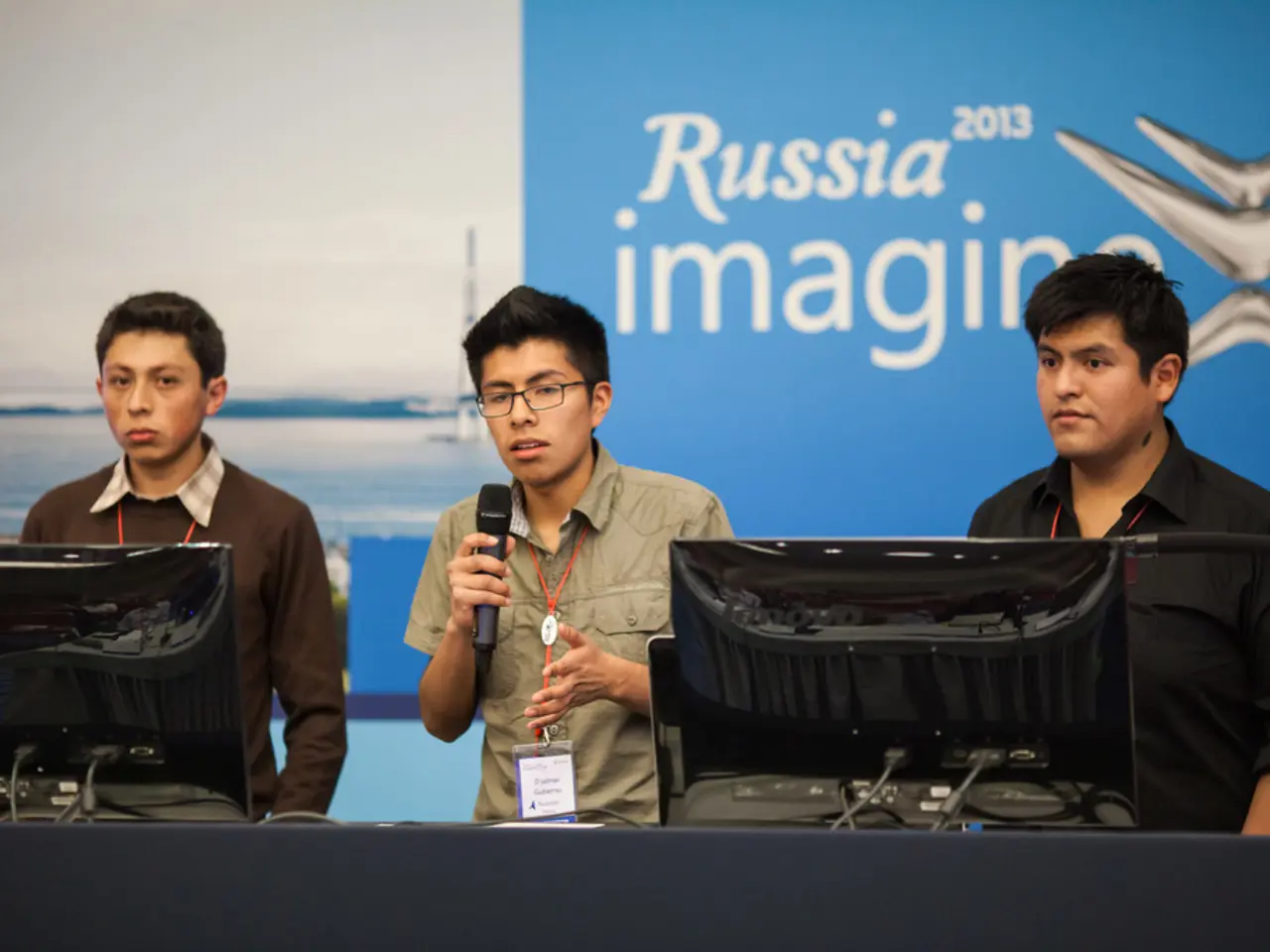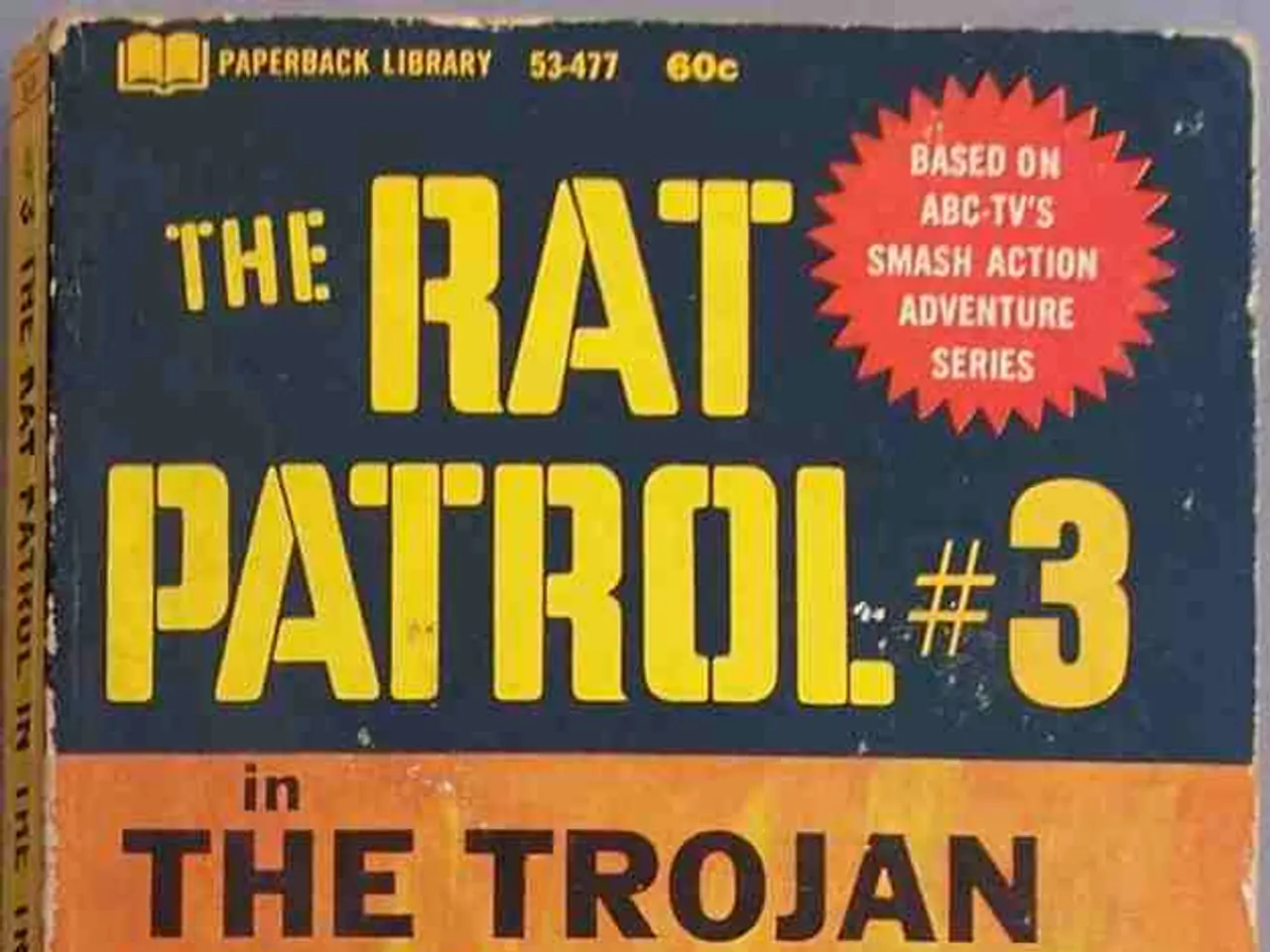Conflictual Russian tactics challenging Moldovan democratic processes
Moldova, a fragile democracy situated between Ukraine and Romania, is currently facing an unprecedented Russian sabotage effort aimed at interfering in its upcoming parliamentary election on September 28. This election will determine whether Moldova remains a democratic nation on a path to European integration or whether an alliance of pro-Russian parties takes over the government and maneuvers it back into Moscow's orbit.
The background of this conflict is deeply rooted in Moldova's geopolitical position and its ongoing orientation towards the European Union. Moldova began formal EU accession talks in June 2024, a move opposed by Moscow, which seeks to maintain influence over the country. Russia's actions echo prior 2024 destabilization efforts marked by orchestrated vote buying, cyberattacks on election infrastructure, and social media disinformation campaigns.
Russia's alleged interference in Moldova's election is a hybrid warfare effort blending cyber, financial, informational, and societal tactics. The Kremlin is accused of illegal financing, using up to €100 million in cryptocurrencies, cyberattacks, disinformation, paid protests, manipulation by pro-Kremlin religious actors, and vote buying. The Kremlin’s involvement also seeks to exploit opposition parties and oligarch-linked groups to foment unrest and weaken the pro-European ruling party (PAS).
The significance of the election's outcome lies in the fact that it will decisively shape Moldova’s future trajectory. President Maia Sandu has framed the Kremlin's interference as a direct threat to Moldova’s sovereignty, state security, and European future. Beyond electoral manipulation, Russia aims to erode public trust in institutions, foment social distrust, and boost pro-Russian Eurosceptic and "sovereignist" factions.
In mid-2019, Moldova made a significant step towards democratic regime change with the election of anti-corruption activist Maia Sandu as president. However, her presidency faces numerous challenges, including the ongoing Russian interference in Moldova's elections and the country's economy. The Transnistria region of Moldova is supported by a separatist regime of Russian secret agents, who are backed by Moscow.
The Russian army has stationed its own soldiers and a massive arms arsenal in the Transnistria region, in breach of international law. Moreover, Russia is increasing the number of missiles and drones that fly through Moldova's airspace en route to attacking Ukraine, creating fear of war among Moldovans.
Moldova's banks have been used by Russia as part of its "Russian Laundromat" system, distributing billions of dollars globally. Ilan Shor, a Moldovan-Israeli businessman, was responsible for a vote-buying campaign in Moldova's last presidential election, purchasing as many as 300,000 votes. Shor, rumored to have orchestrated the "Billion Dollar Heist," continues to exert influence from inside Russia, despite being banned in Moldova.
The Kremlin denies any involvement in Moldova's elections, despite accusations of massive election interference from Moldovan authorities. Dmitry Kozak, a longtime ally of Russian President Vladimir Putin, has reportedly met with Moldovan oligarch Vladimir Plahotniuc several times in recent months. Plahotniuc, who was arrested on July 27 at the Athens airport in Greece, is wanted by Moldovan authorities on various charges, including his suspected role in Moldova's "Billion Dollar Heist" between 2012 and 2014.
Moldova's police have posted a video explaining that Russia is currently buying masses of votes through an app named "Taito." The pro-Russian four-party "Patriotic Bloc" is expected to stand for election in Moldova, with a platform focused on restoring relations with Russia.
This Russian interference campaign is a part of a broader pattern of Russian attempts to destabilize neighboring states pursuing Western ties amid heightened regional tensions. As the election approaches, Moldova must remain vigilant and continue to strengthen its democratic institutions to withstand these threats and protect its European future.
[1] "Moldova: Russia's Interference in Elections Threatens Democratic Future" - The Guardian, link
[2] "Moldova's Election: How Russia is Interfering" - BBC News, link
[3] "Moldova Faces Unprecedented Russian Interference in Upcoming Election" - The Washington Post, link
[4] "Russia's Interference in Moldova's Election: A Hybrid Warfare Effort" - The New York Times, link
[5] "Moldova's Election: Russia's 2024 Destabilization Efforts" - The Economist, link
- The ongoing Russian interference in Moldova's upcoming parliamentary election on September 28 is causing concern among international media, with reports suggesting that this represents a hybrid warfare effort to manipulate the election's outcome and steer the country away from European integration.
- The general news about Moldova's election is that Russia's purported actions, which include illegal financing, cyberattacks, disinformation, paid protests, and vote buying, show a deep involvement in the country's internal politics and potential breaches of international laws.
- As the election approaches, the government of Moldova is facing challenges in maintaining its pro-European stance, with the media reporting evidence of Russian influence in Moldova's politics and war-and-conflicts, such as the Transnistria region, which is supported by a separatist regime of Russian secret agents.
- In Europe and beyond, news outlets are closely following Moldova's election, as the outcome could significantly impact the country's future trajectory, with potential ramifications for its relationship with the European Union and its standing as a democratic nation.





